A Complete Unknown is the Bob Dylan biopic from James Mangold, who also made Walk The Line about Johnny Cash. It stars Timothée Chalamet, who is astonishing, and does his own singing. He may even be better at singing Dylan than Dylan is at singing Dylan. (Same sound but fewer of those bum notes that make you go “ouch.”) It doesn’t have anything new or insightful to say, which is right and proper. If you could figure Dylan out, it would all be over. Instead, the focus is on the four years leading up to his use of electric instruments at Newport Folk Festival in 1965. This was greeted by fans with such horror and outrage it was as if, live on stage, he was kicking puppies. He was devastated by the response. Not really. He may be the most unbothered fella there ever was.
Chalamet, who wears internal cheek fillers to give him the rounder early Dylan look, is so astonishing I may even be on the brink of forgiving him for Wonka and all that Dune silliness. He captures the Dylan slouch, the arrogance, even seems to hold a cigarette at just the right angle. It’s captivating, even if you could argue that it’s dramatically underpowered. The events building up to Newport are listless in nature — here he is, checking if a record store stocks his album — but it has a seductive, meditative, cumulative power. I wasn’t bored for a single second.
The film opens with Dylan arriving in New York after having spent six years in the circus, or so he claims. (It proved to be untrue; he was already fully formed as a self-mythologizer.) His purpose is to seek out his idol, Woody Guthrie, who, it transpires, is in hospital. (He suffered from Huntington’s.) At his bedside he meets Pete Seeger (Edward Norton), the folk singer-songwriter and activist. He is taken under Seeger’s wing and then acquires a girlfriend. This is Sylvie Russo (Elle Fanning), the artist responsible for his political awakening — but that aspect isn’t explored in depth.
They’ve been living together a while when she complains about his unknowability. She didn’t even know his real name was “Zimmerman” until a parcel arrives at their door. “I know nothing about you and yet you know everything about my background,” she says. “And you think that defines you?” he replies. Every conversation with Dylan is so fruitless that I did wonder if he might be “on the spectrum,” as they say.
He encounters Joan Baez (Monica Barbaro, who has a terrific voice) and soon he’s cheating on Sylvie, who will wake in the middle of the night and sadly register that his side of the bed is empty. I’m not sure women ever stare at a pillow like that, which suggests not much thought has gone into the female characters. They mostly stand around watching Dylan with tears in their eyes. Mangold plays it straight, so there are clichés but, as we know, I do like a biopic cliché. There are no tour dates marked on a calendar, alas, but we do get the fabled moment of first discovery. When he first plays an original song in front of a record executive, the exec says to Dylan’s manager: “Who wrote that?” “He did,” he’s told. Most satisfying, that.
The movie doesn’t skimp on the music — all the big hits are included — while it charts his friendship with Johnny Cash (Boyd Holbrook), his rise though the clubs, the fiercely protective folk scene, and how he never felt he owed anything to anybody, least of all his audience.
As far as biopics of Bob Dylan go this is probably as good as it’s going to get. No one knows if he’s seen it or not. He may not be that bothered.



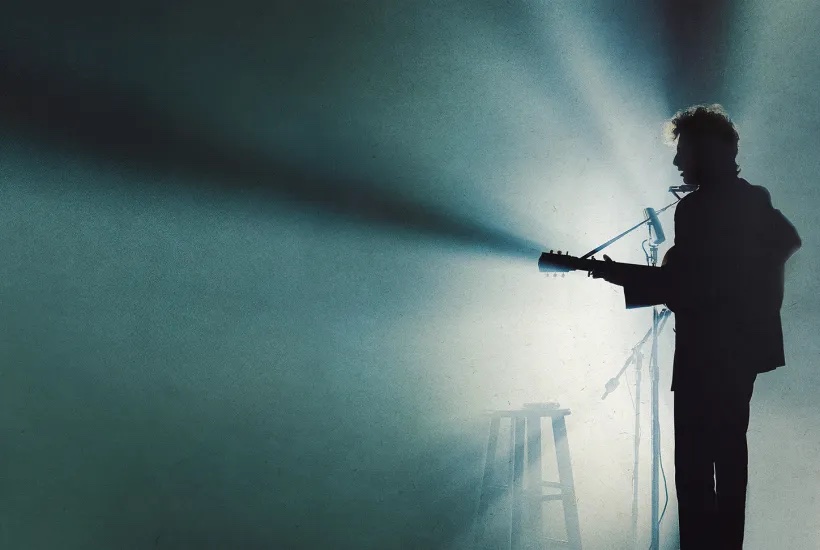


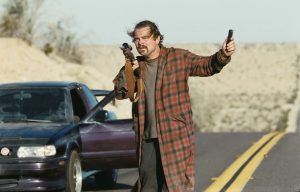
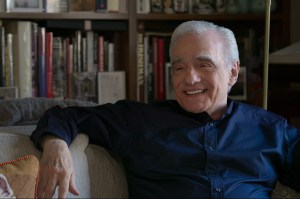

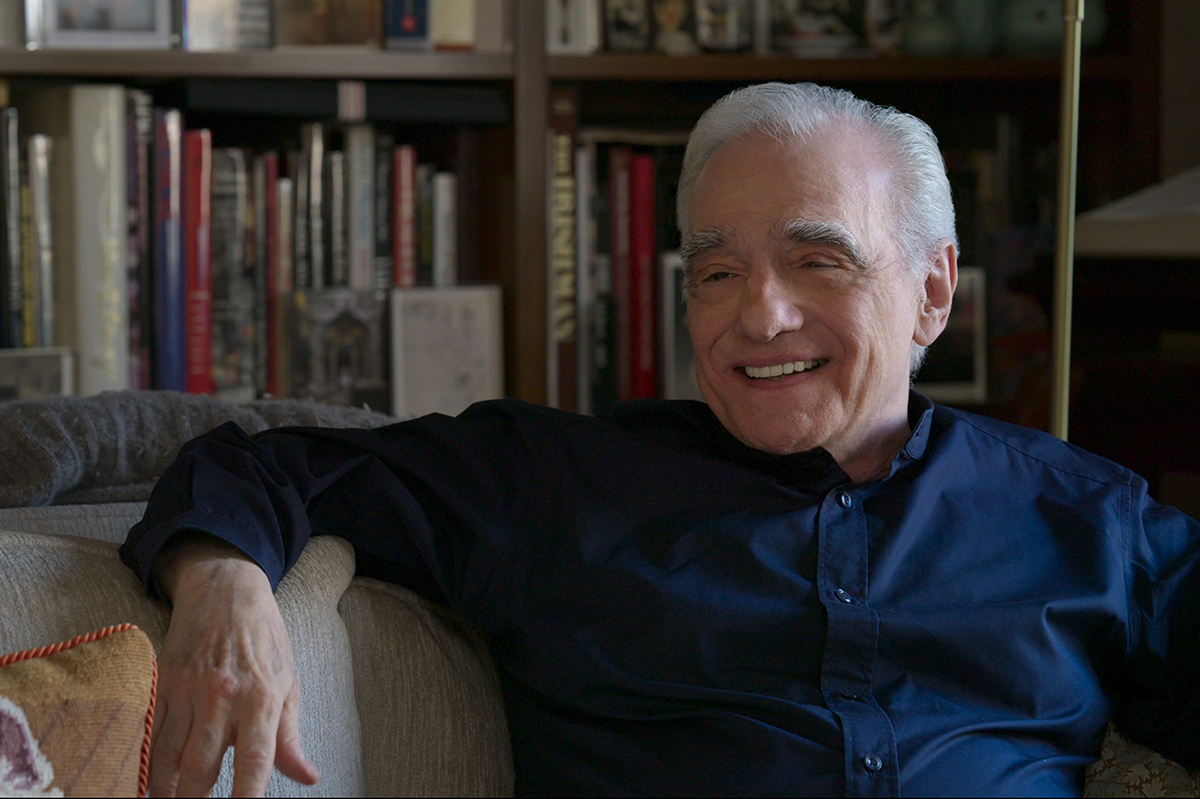

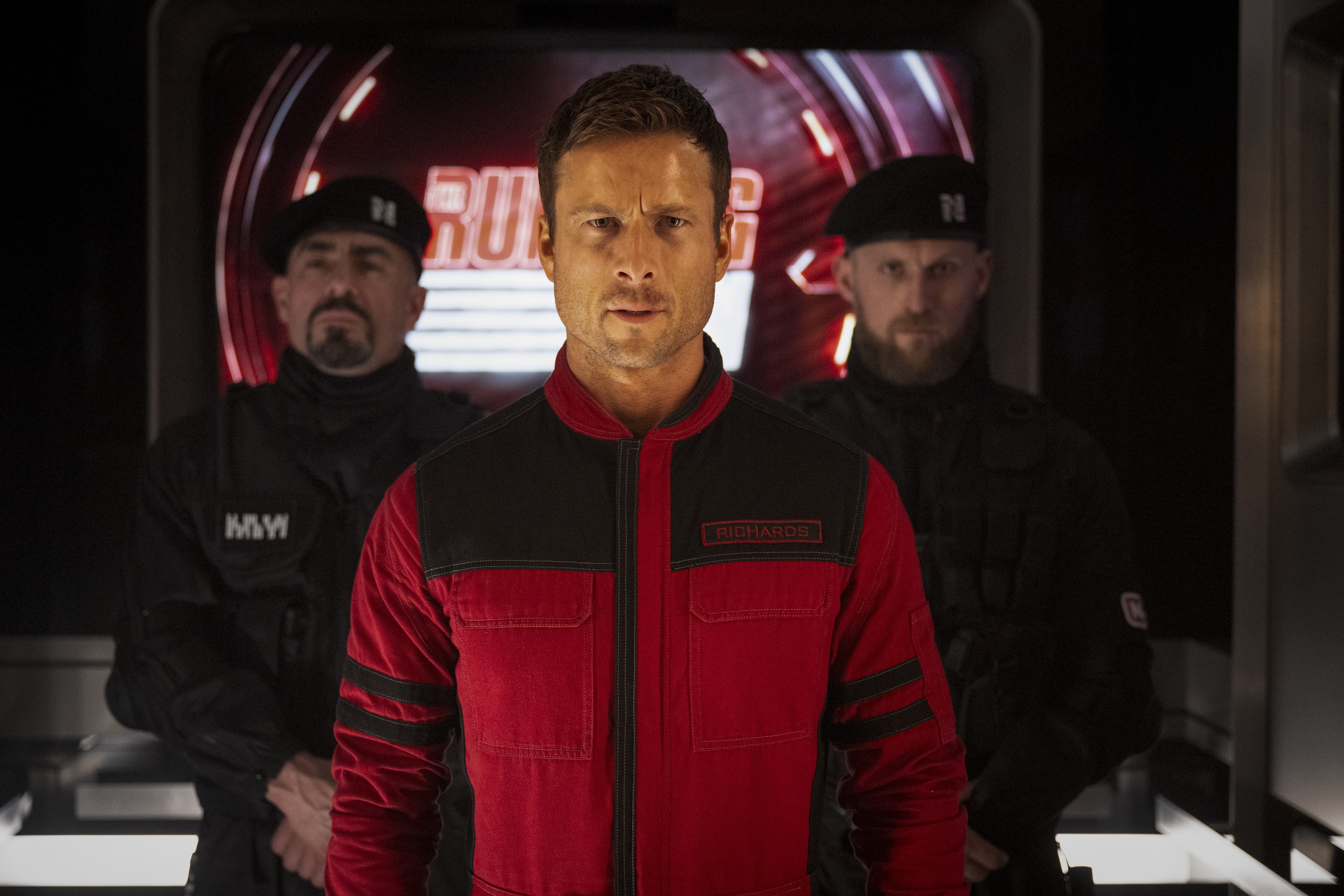

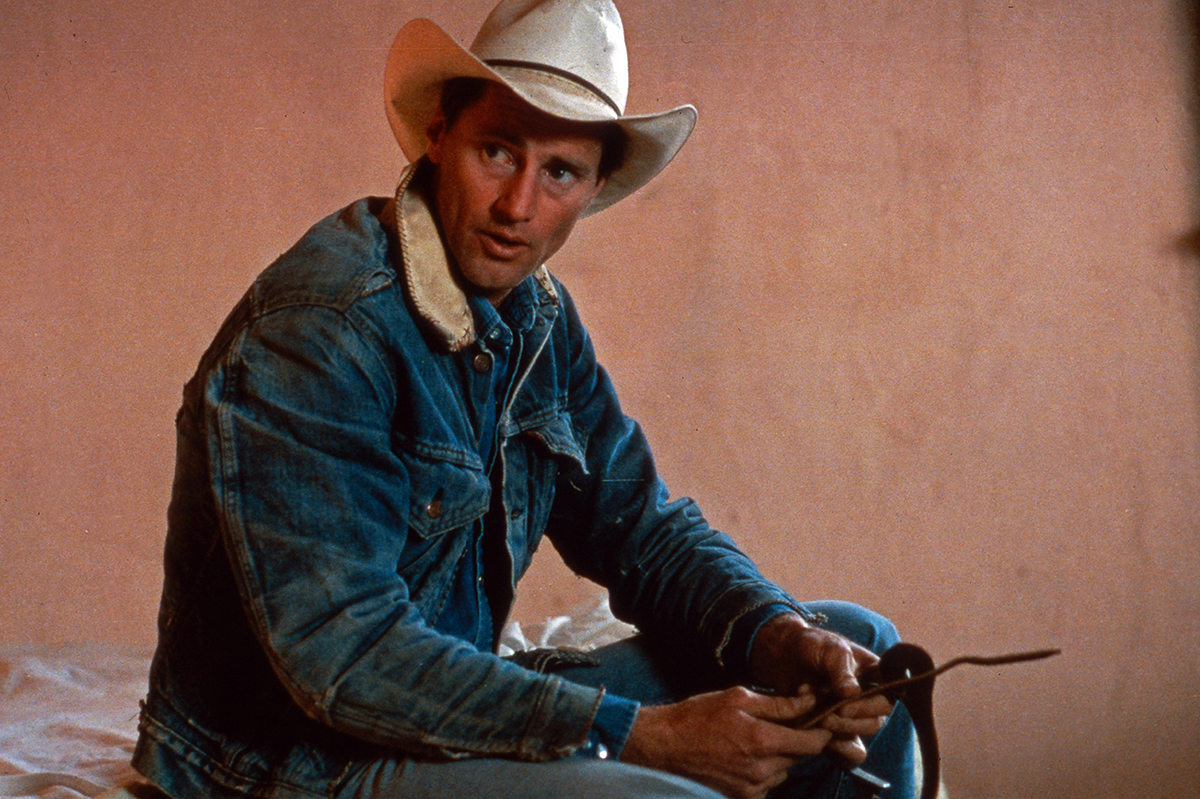








Leave a Reply